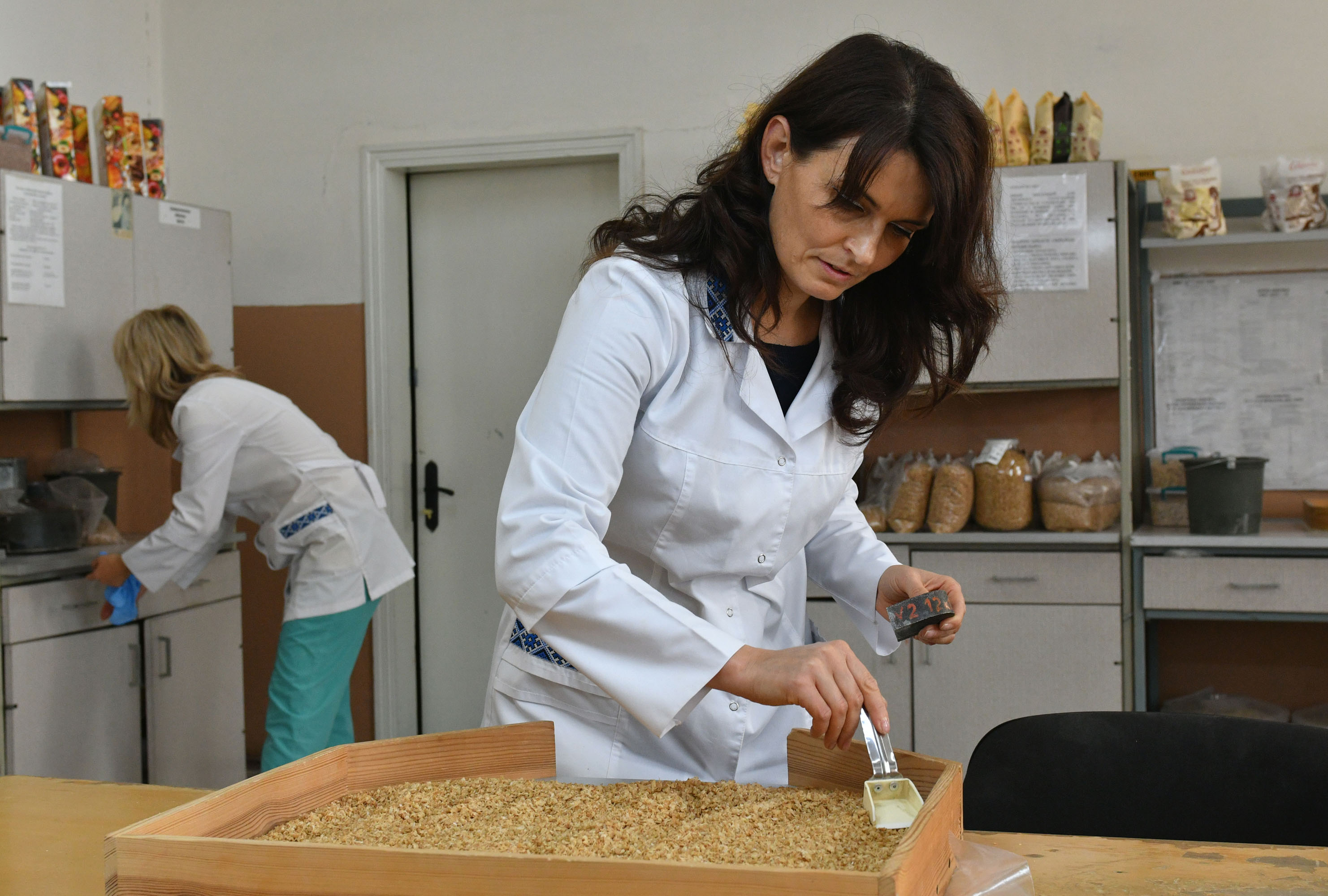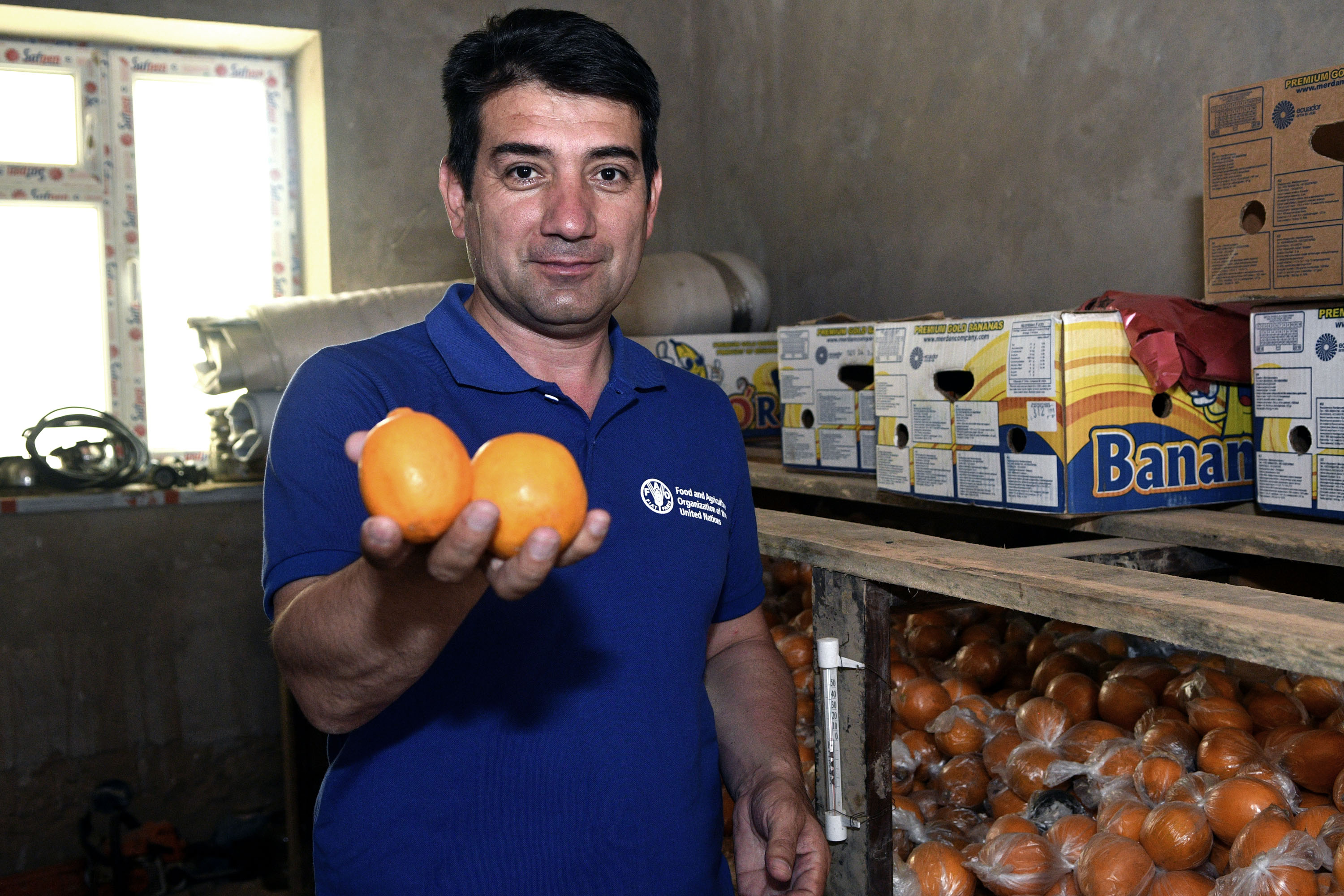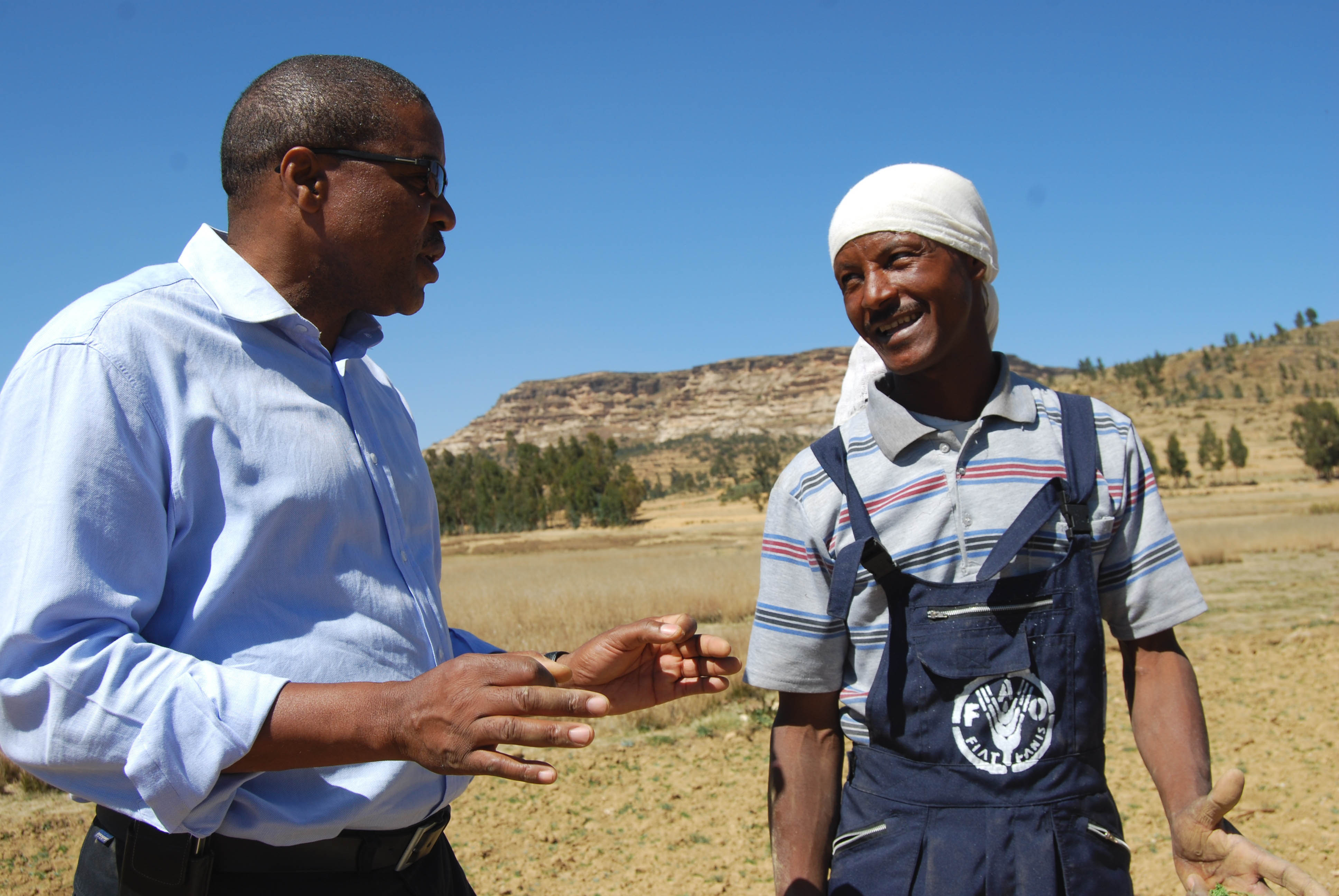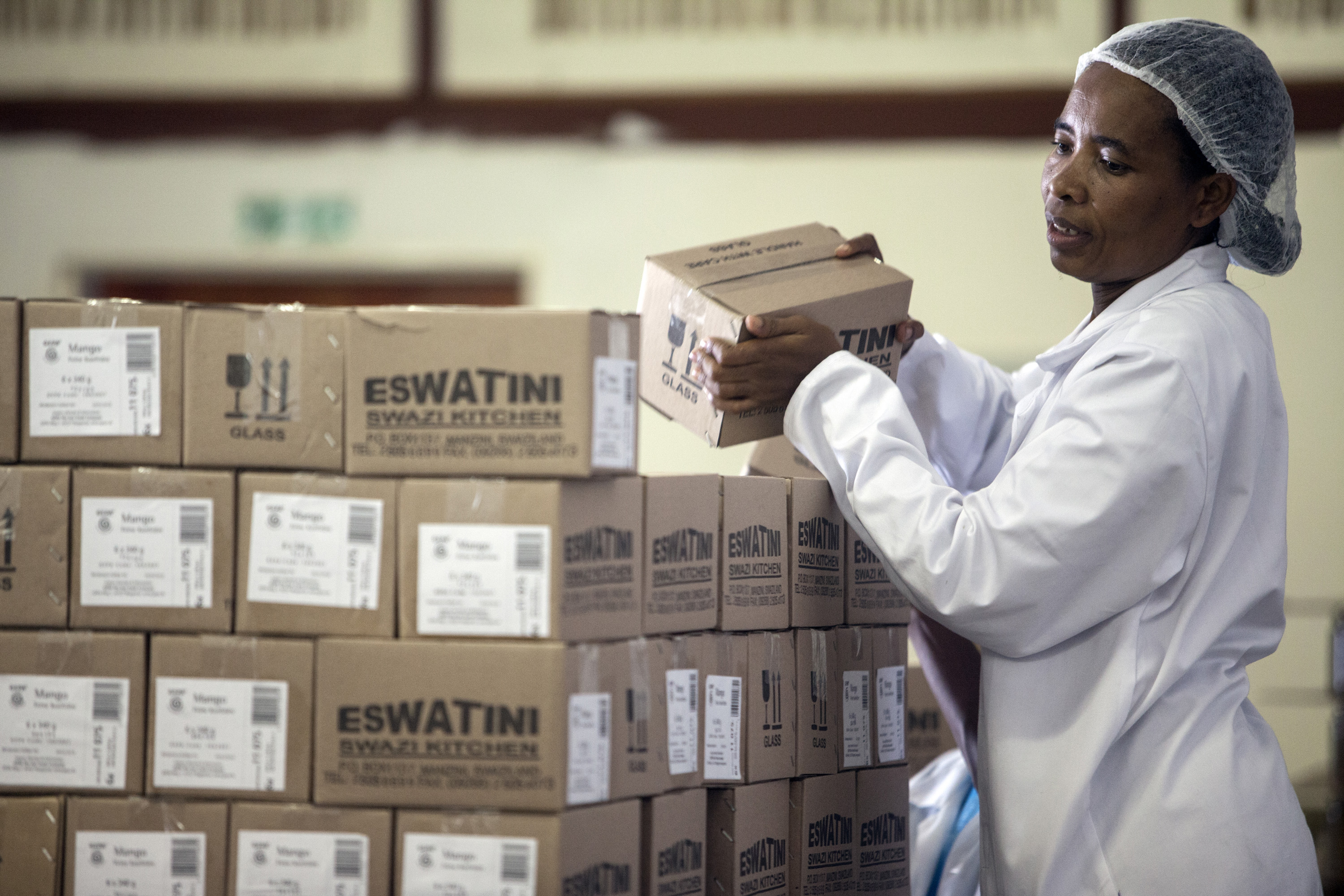Topic outline
Phytosanitary certification - a process developed in response to the risks associated with increased agricultural trade - protects the agricultural sector from harm resulting from pests, diseases and weeds.
This course offers lessons on the activities of the phytosanitary export certification process targeted at the four key roles of export certification - plant and plant products producer, exporter, export inspector and export supervisor.
This course is part of the IPPC Plant Health Campus. The Campus offers a variety of e-learning courses, guides and technical resources on key phytosanitary systems, with the overall goal of strengthening national phytosanitary capacity.







This course is designed for a range of stakeholders of the phytosanitary export certification process. More specifically, it targets:
- Plant and plant products producers.
- Exporters and exporting firms and syndicates.
- Inspectors, supervisors and other staff members of plant protection organizations.
- Plant pests and their control.
- Importance of collaboration between all the stakeholders of the phytosanitary export certification system.
- Implementing phytosanitary measures.
- Preparing and issuing a phytosanitary certificate for export and re-/export.
- Dealing with non-compliances.
The entire course consists of 18 lessons, ranging from 15 to 60 minutes duration each. Depending on the learner’s role producer, the following structure is recommended:
Plant and plant products producers (3 h of learning)A. Overview of phytosanitary certification
B. Plant pests and their control
C. Collaboration between producers and the NPPO
D. Traceability
E. Implementing phytosanitary measures
Exporters (3 h 15 m of learning)
A. Overview of phytosanitary certification
B. Plant pests and their control
D. Traceability
E. Implementing phytosanitary measures
F. Collaboration between exporters and the NPPO
G. Application for phytosanitary certificates for re/export
Export inspectors (2 h 45 m of learning)
A. Overview of phytosanitary certification
H. Collaboration between export inspectors and private stakeholders
I. Measures for certifications
J. Preparing the phytosanitary re/export certificate
K. Issuing the phytosanitary certificate
L. Non-compliances
Export supervisors (3 h 45 m of learning)
A. Overview of phytosanitary certification
M. Human resources
N. Collaboration and communication NPPO/private stakeholders
O. Organizing certification
P. Organizing preparation and issuance of phytosanitary re/export certificate
Q. International collaboration
R. Management of non-compliances and review of the system
The online version of this course runs on the latest versions of the major browsers, such as Google Chrome, Microsoft Edge, Mozilla Firefox and Apple Safari.
The downloadable version only runs on Windows PC’s and no additional software is needed.
Digital certification
To be granted a digital certification from the FAO elearning Academy, you will have to take the final evaluation exam after you’ve finished a course. Our digital badge certifications verify that you have achieved the learning outcomes and competencies outlined in FAO e-learning courses.
For this course, there is a different evaluation exam and certificate for each of the four roles. Please click on one of the links below to start the test.
Evaluate this course
We would be pleased to receive your evaluation of this course, to support us in improving future e-learning courses. Please click on the button below to answer the questions in the form. It should only take you a few minutes!
Partners
The course content was developed by plant health experts selected from all over the world, under the auspices of the Secretariat of the International Plant Protection Convention (IPPC) of the Food and Agriculture Organization (FAO) and with the oversight of the IPPC Implementation and Capacity Development Committee.
The course was funded by the European Union, within the 11th European Development Fund, and Common Market for Eastern and Southern Africa (COMESA), under the framework of the "FAO support to COMESA trade facilitation program"








